Jennifer Swets will be presenting, “Effects of Trauma on the Mind, Body and Soul and How Movement and Meditation Facilitates Healing” on Tuesday, October 15 at this year’s JuST (Juvenile Sex Trafficking) Conference in Cincinnati, OH. Visit justconference.org/just2019 to review our workshop agenda and for more information on how to register.
Read Jennifer’s blog below:
Effects of Trauma on the Mind, Body and Soul and How Movement and Meditation Facilitates Healing
By: Jennifer Swets, MA, RYT, Executive Director, Mending Nets
Sigmund Freud said in 1895, “I think this man is suffering from memories.”
How true those words ring today. People who experienced trauma relive that traumatic event or events over and over. Their mind, body, and soul are affected long after the initial event. They are, in truth, suffering from memories.
When someone goes through a traumatic situation, their body is a crime scene. It does not feel safe, so trauma survivors try to spend as much time outside their body as they can. Also, many are mentally tormented by shame they feel in the present about events that have occurred in the past. They feel shame for how they acted or didn’t act at the time and try to numb those feelings anyway they can. And there is a loss of self. Some survivors feel defined by the trauma. They become what the abuser says they are or what society deems them to be.
Trauma Needs to be Witnessed
In my line of work, I have seen that suffering needs to be witnessed and validated before it can be openly addressed. David Emmerson states in his book Overcoming Trauma through Yoga: Reclaiming Your Body, that when suffering is minimized or shamed, it doesn’t go away. It goes underground. It goes beneath the surface, into the body and mind, and stays there wreaking havoc until it can be released.
Also, most trauma survivors are unable to tell anybody what exactly happened immediately following the event. Those emotions, thoughts, and memories go unprocessed and get dumped into the body.
The Body Speaks What the Mind Can’t:
When emotions, thoughts, and memories go unprocessed, they can show up as emotional and physical symptoms. And seek validation through flashbacks, unexplained rage, uncontrollable outburst, poor impulse control, racing thoughts, depression, body aches, and pain.
Mending Mind, Body and Soul
While talk therapy is an essential step in the healing process, many are finding that it is not enough. We must address the way trauma is held in the body to make the healing process more complete.
For real change to take place, according to Bessel VanDerKolk of “The Body Keeps the Score,” the body needs to learn the danger has passed and to live in the reality of the present. When survivors are triggered or reminded of the past, their right brain reacts as if the traumatic event were happening at that moment. And because their left brain is unable to process the situation due to trauma, they may not be aware they are “suffering from memories.”
Bridging the Gap with Yoga and Meditation
In working with trauma survivors, I have found that yoga and meditation can bridge the gap of helping survivors safely process their thoughts and emotions and move them into a space of healing.
Yoga is a series of bilateral integration — right and left motions. Movement in yoga builds connections from the right brain to the left brain. Through bilateral integration, the brain is rebuilding broken connections, thus bringing memories to the surface of consciousness.
Yoga can help survivors create a safe place in which they process those memories.
Meditation also allows the brain to rewire and heal. We spend most of our time thinking about the future or reflecting on the past. Meditation is a way to train the mind on the present. Meditation helps bring the focus inward to increase calmness, concentration, and emotional balance.
During meditation stress hormones decrease, blood pressure decreases, brain waves increase, dopamine is released, and concentration and clarity are improved.
Trauma-informed yoga and meditation are great ways to bring survivors into the present moment and it can help them learn how to trust and accept their body. And can help release what has been stored and unprocessed for so long.
With warm authenticity, engaging storytelling and bold humor, Jennifer Swets creates a bridge of safety and discovery in which she invites her audiences to cross. Jennifer is passionate about helping others experience mind, body and spiritual healing. She has a heart for ministering to those who are often overlooked or undeserved. Jennifer has a B.A. in Psychology and a Master’s Degree in Gerontology. She worked with the Illinois Department of Aging as a case manager and then Director of Social Services. And is also a certified yoga teacher. Being a trauma survivor herself, she empathetically shares many of the truths she’s discovered on her own path to wholeness. Jennifer inspires her audiences to show up authentically, to connect spiritually and to leave profoundly changed.
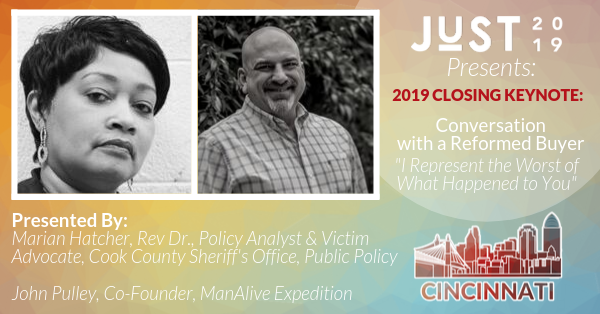
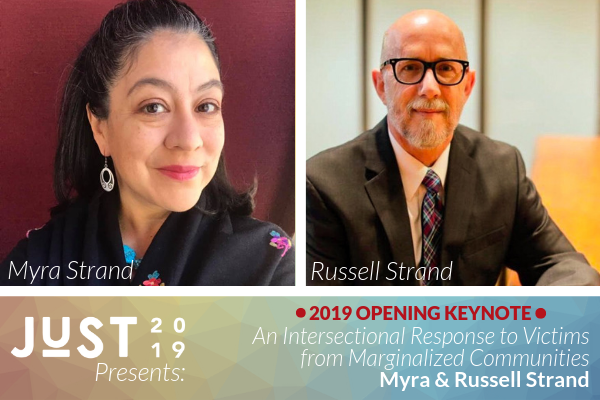
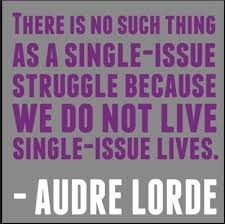 In our society, marginalized individuals are at a higher risk for victimization (domestic violence, rape and sexual assault), abuse, trafficking. Marginalization is the process in which an individual or a group is kept (both with or without intention) in a powerless position within a society because they do not have identities that naturally warrant an active voice or place of status within it.
In our society, marginalized individuals are at a higher risk for victimization (domestic violence, rape and sexual assault), abuse, trafficking. Marginalization is the process in which an individual or a group is kept (both with or without intention) in a powerless position within a society because they do not have identities that naturally warrant an active voice or place of status within it.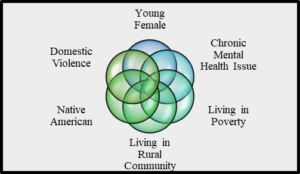 She is a young Native American female living on a rural reservation in deep poverty with chronic mental health issues and a partner who practices violence in his relationship.
She is a young Native American female living on a rural reservation in deep poverty with chronic mental health issues and a partner who practices violence in his relationship.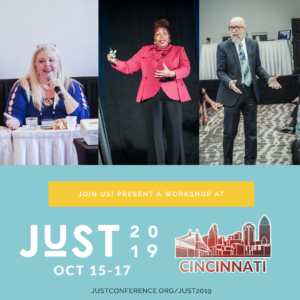 This year the 2019 JuST (Juvenile Sex Trafficking) Conference will be hosted October 15 – 17 Cincinnati, OH! In the center of Cincinnati, a few blocks from beautiful views of the Ohio river, we’ll gather anti-trafficking professionals, experts and advocates from around the country for 3 days of inspiring and empowering training.
This year the 2019 JuST (Juvenile Sex Trafficking) Conference will be hosted October 15 – 17 Cincinnati, OH! In the center of Cincinnati, a few blocks from beautiful views of the Ohio river, we’ll gather anti-trafficking professionals, experts and advocates from around the country for 3 days of inspiring and empowering training.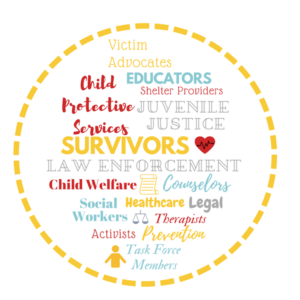 Who will be your audience?
Who will be your audience?





